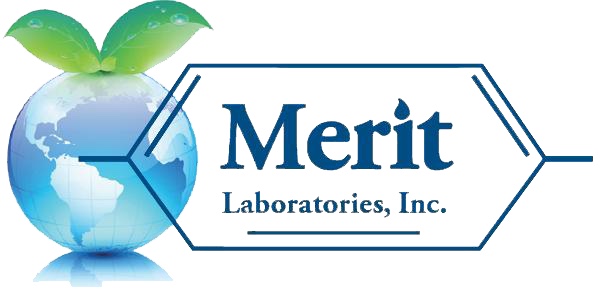The State of Michigan’s groundwater clean-up rules now officially include PFAS compounds, based upon the state’s PFAS limits in public water supplies. Limits for seven PFAS compounds were officially added to the groundwater clean-up rules by the Michigan Department of Environment Great Lakes and Energy (EGLE) on February 15, 2022. The generic clean-up criteria (GCC) for the seven PFAS compounds are as follows
PFAS Detected at Harbor Island in Grand Haven
The Michigan EGLE recently added Harbor Island in Grand Haven to their list of PFAS sites. The Grand Haven site is a natural marshland at the mouth of the Grand River as it flows into Lake Michigan. The site was first used as a landing point for logging operations. During the 1950s and 1960s the site was used as a dump. The coal-fired J.B. Sims Generating Station began operating in the early 1960s by the Grand Haven Board of Light and Power (GHBLP). Coal ash wastes were disposed of in unlined lagoons and the adjacent wetlands. In the early 1980s, clay lined lagoons were constructed for coal ash management.
PFAS Action Act of 2021 to Address PFAS in School Drinking Water
The U.S. House passed the PFAS Action Act of 2021 earlier this summer, which is now working its way through the Senate. The act requires the creation of a school drinking water testing and grant program. Section 18 of the PFAS Action Act states that, no later than 1 year after the date of enactment, a program be implemented to enact grants for testing for PFAS in drinking water at schools.
EGLE Requires Wastewater Treatment Plants to Analyze Biosolids for PFAS
The Michigan Department of Environment, Great Lakes, and Energy (EGLE) recently began requiring wastewater treatment plants that land apply biosolids to have PFAS laboratory testing performed prior to the land application. The EGLE Water Resources Division started sending out notifications about this new program to affected parties this year. Merit Laboratories provides analytical laboratory testing for PFAS in biosolids sample matrices to support its wastewater clients meet their regulatory requirement obligations
Michigan EGLE Updates PFAS Standards
Updated cleanup standards were announced by the Michigan Department of Environment, Great Lakes, and Energy (EGLE). For groundwater used as drinking water, EGLE has included five additional PFAS compounds to Part 201, making the total number of PFAS regulated in groundwater to seven compounds. Effective December 21, 2020, the compounds PFNA, PFHxS, PFHxA, PFBS, and HFPO-DA
Michigan’s PFAS Drinking Water MCLs Adopted
The State of Michigan formally adopted a strict set of requirements regulating PFAS in drinking water. The Michigan EGLE announced the adoption of the new maximum contaminant levels (MCLs), which will go into effect on August 3, 2020. The establishment of enforceable MCLs for PFAS compounds will require compliance with the Safe Drinking Water Act (SDWA). Now they are adopted, the PFAS drinking water MCLs replace the current groundwater cleanup standard of 70 ppt for PFOA and PFOS.
Michigan Adds 19 PFAS Contaminated Sites to List
In a continuing trend, another 19 sites with PFAS contamination have been added to the latest list of Michigan sites. The newest Michigan EGLE PFAS Map Tracker shows that the number of confirmed PFAS contaminated sites has grown to 93, up from 74 in December 2019 and 52 a year ago. The latest list of PFAS contamination includes sites spread across Michigan, throughout both the lower and upper peninsulas, in rural, suburban, and urban areas The EGLE also provides a PFAS map viewer, which provides information on the site name, location and address, description of the site, and a link to site-specific background, data, PFAS contaminants, site history, and recent activities.
Great Lakes PFAS Summit Set for October 2020
The first-ever Great Lakes PFAS Summit will bring together scientists, government officials, regulators, academic researchers, industry, and community organizations on all topics PFAS. The summit is set for October 27-28, 2020 in Lansing, Michigan, will be hosted by the Michigan Department of Environment, Great Lakes, and Energy (EGLE). The summit will provide participants with current and reliable PFAS science and policy, explore PFAS research topics, facilitate networking, and share information on the latest research and technology. EGLE is developing the agenda for this two-day conference. Topic areas for the Great Lakes PFAS Summit include
Michigan EGLE Publishes Biosolids and Sludge PFAS Guidance
In the latest release on PFAS sampling, the Michigan Department of Environment, Great Lakes, and Energy (EGLE) provides guidance for sampling biosolids and sludge. The State of Michigan defines biosolids as the residuals created in a wastewater treatment plant and land applied following state rules (Part 24 Rules, Land Application of Biosolids), while sludge describes solids that have been disposed through methods other than land application.











